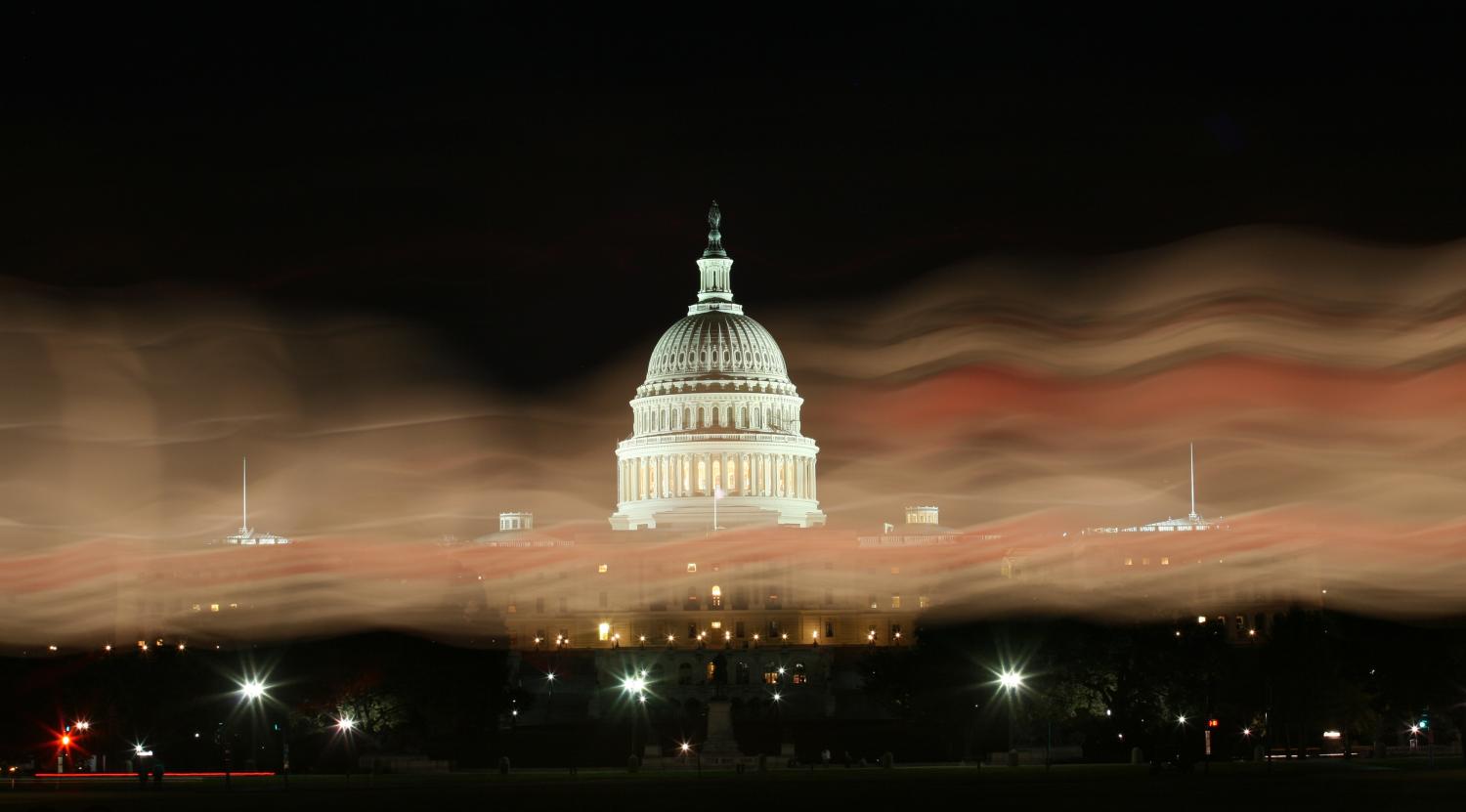SUMMARY
In the 40 years since its founding, the Congressional Budget Office (CBO) has become one of the most influential and well-regarded institutions in Washington, solidifying its place as the authoritative source of information on the budget and economy.
CBO has built its influence and credibility by hiring technically skilled staff, deciding that the organization would make no policy recommendations to Congress, and by offering criticism of presidential proposals touting overly optimistic projections, even in cases where the director came from the same party as the president. Also, Congress, especially the Budget Committees, has realized that an objective, credible CBO was in their best interest.
In recent years, CBO’s most prominent role has been in generating cost estimates of legislation, which are criticized for being inaccurate, for their narrow focus, and for being biased. CBO frequently stresses that its point estimates are the midpoint in a range, and that there is a great deal of uncertainty inherent in their projections. CBO’s analysis focuses almost exclusively on costs rather than societal benefits—but this is a direct result of its mandate. CBO’s estimates often exactly match the stated budgetary effects of certain bills, but this is a welcome product of the back-and-forth of the Congressional process.
There are several actions CBO could take to maintain its influence as it reaches middle age. One is to consider being more vocal about the growing fiscal imbalance, although it might be more useful to extend the length of its 10-year baseline estimates to draw attention to the long-term fiscal situation. CBO could also provide more information on the level of uncertainty surrounding its point estimates, which would help avoid the false perception of precision. CBO could widen its scope by providing cost and effectiveness comparisons across a wide range of policies to assist Congress to effectively allocate resources. It is vital that Congress recognize both benefits and limitations of CBO’s analyses. Budgetary impacts are important, but should be viewed as only one piece of the puzzle—not always the most important piece. Finally, CBO will be of limited use to Congress and the nation if it becomes viewed as one more source of partisan noise.
The Brookings Institution is committed to quality, independence, and impact.
We are supported by a diverse array of funders. In line with our values and policies, each Brookings publication represents the sole views of its author(s).





